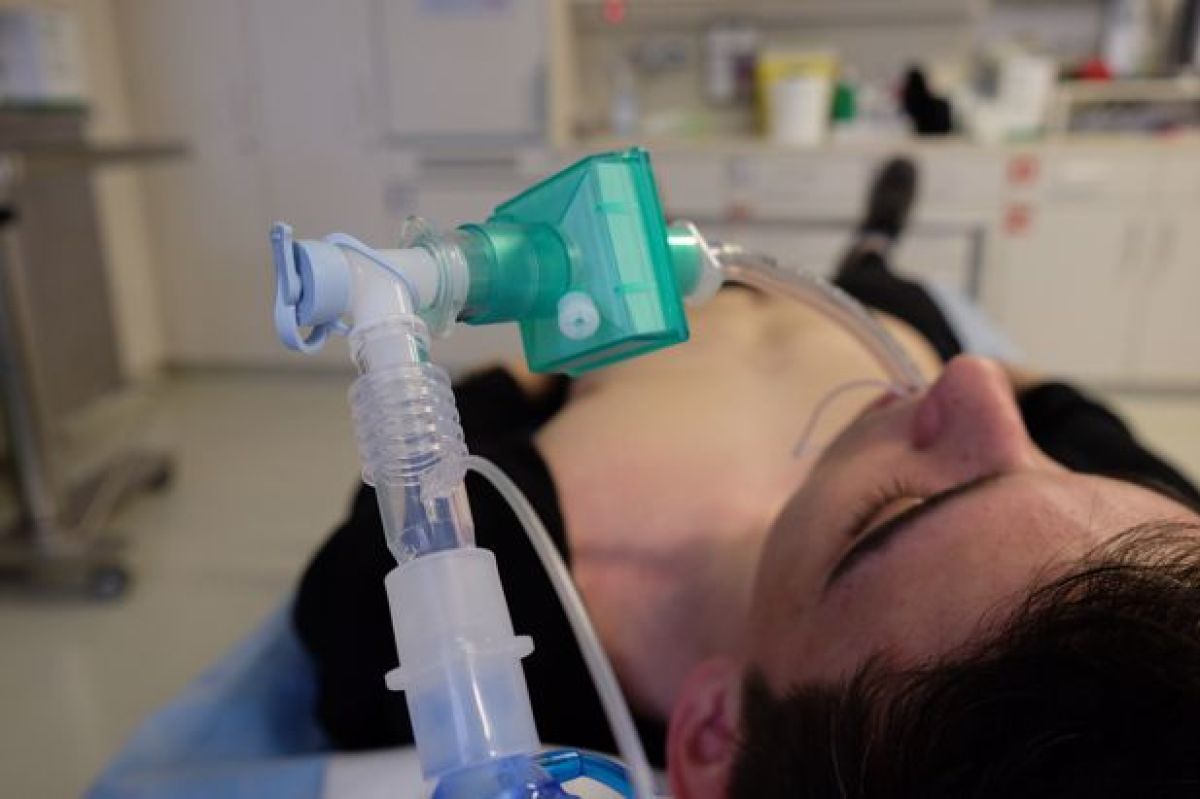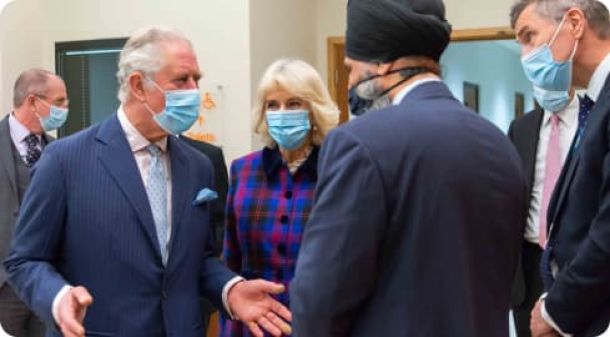
High-performance, low-cost ventilator project awarded grant of £768K by UKRI

An international team of scientists and engineers have been awarded a grant of £768K by UKRI as part of the Newton Fund’s Agile Response Call to develop high performance, low cost ventilators for use in low to middle income countries, it has been announced today.
Prompted by a shortage of ventilators in low income countries highlighted by the COVID-19 pandemic, the HPLV project aims to reengineer a High Energy physics Ventilator (HEV) previously developed by Conseil Européen pour la Recherche Nucléaire (CERN) to create a highly effective, low-cost system that can be easily used in situations where access to reliable power supplies and oxygen may be limited. The system also aims to address the shortage of staff who are trained to operate ventilation devices in these countries, offering a web interface, accessible at local healthcare stations or via a mobile device to open up the potential for remote consulting and clinical training which is crucial for remote areas.
Building upon work by CERN the High Performance Low-cost Ventilator (HPLV) project brings together experts from the Universities of Birmingham, Liverpool and Rio de Janeiro with the Medical Devices Testing and Evaluation Centre (MD-TEC) at University Hospitals Birmingham NHS Foundation Trust (UHB) through Birmingham Health Partners (BHP).
The project team combines expertise in engineering and software development with in-depth experience of ventilator testing and regulatory requirements as well as front-line experience from clinicians in Brazil. The project will also involve business and innovation support from the Science and Technology Facilities Council (STFC) and the knowledge transfer team at CERN who will lead work to engage with potential industrial partners.
Professor Tom Clutton-Brock, Director of MD-TEC at UHB and Deputy Director at the Institute of Translational Medicine said: “MD-TEC is a purpose built medical devices testing and evaluation centre situated in Birmingham, UK. With a fully equipped, but simulated, intensive care unit, it has been heavily involved in many aspects of the UK’s Ventilator Challenge for the management of the sickest patients with COVID-19. With the equipment and expertise required to test ventilators from prototype to production ready, it is a privilege to be part of this exciting project.”
Karl Dearn, Professor of Mechanical Engineering at the University of Birmingham said: “My colleagues and I in mechanical engineering are delighted to work with our international partners at CERN, STFC and our clinical and academic collaborators to develop this innovative low-cost respiratory ventilator. Based on our Edgbaston campus, our engineering team, so close to our colleagues in MD-TEC, means that we can be very agile in developing and optimising the ventilator, quickly and at low cost. There is a shortage of respiratory ventilators across the globe, and this machine has the potential to fill this gap.”
Phil Allport, Professor of Particle Physics at the University and lead at the Birmingham Instrumentation Laboratory for Particle physics and Applications (BILPA) said: “Having been involved in helping CERN as a member of the ‘Support Panel’ for the original HEV ventilator development I also chaired the International Review of the project back in April. The medical experts on the review confirmed this to be a really innovative design, with the functionality needed for ventilators not only addressing the current COVID-19 crisis but offering significant cost savings with respect to equivalent performance commercial systems.
“This funding gives us a great opportunity, with the original HEV team and STFC, to take forward this exciting development from CERN to meet the unmet needs (highlighted by the current pandemic) for ventilators and for training in their operation in many parts of the world where other respiratory diseases requiring ventilators continue to be major killers.”







